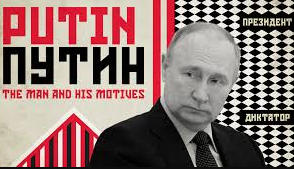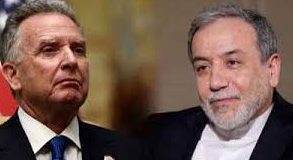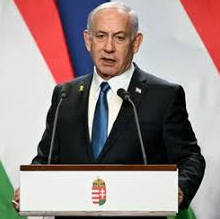Examining the Roots of Putin’s Aggression and His Grand Vision for a Changing World
Vladimir Putin’s intentions have become unmistakably clear in recent times, and understanding the psychology behind them requires looking deeper into his years-long evolution as a leader. His behavior, with its mix of sadism and calculated manipulation, is no longer just a caricature but a powerful reflection of his ambitions to reshape the global order.
For decades, the world hoped to sidestep confronting Putin directly, opting instead for appeasement or passive hope that his aggressive tendencies would dissipate. Yet, as the Russian president’s goals become more evident, particularly with his invasion of Ukraine, it’s impossible to ignore his aim to upend the world as we know it.
Putin’s rhetoric and actions speak to a mindset defined by grievance, control, and a need to dominate. His references to Ukraine in a derisive, sexualized manner—such as comparing it to Sleeping Beauty in a grotesque joke during talks with French President Macron—reveal a deeper psychological drive for power and subjugation. This sense of victimhood, so prominently displayed in his speeches, is eerily similar to the strategies of historical totalitarian regimes, where the powerful claim victimhood as a justification for their abuses.
Putin’s push for a “multipolar world” isn’t merely a geopolitical goal but a reflection of his desire to consolidate power and exert control over neighboring regions. His idea of “spheres of influence” is less about genuine security concerns and more about consolidating power through aggression and fear. The core of Putin’s psyche is one driven by historical grievances and an obsessive need to assert dominance, reshaping the world according to his authoritarian vision.








